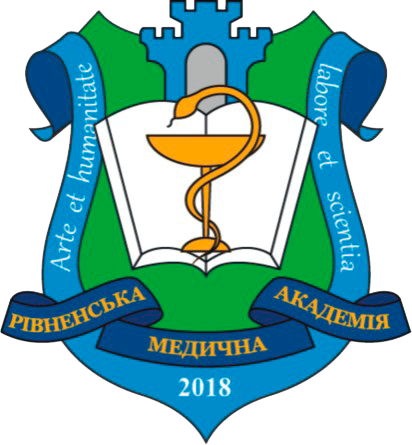FORMATION OF PROFESSIONAL INTERACTION SKILLS IN THE PROCESS OF TRAINING FUTURE DENTISTS
DOI:
https://doi.org/10.32782/health-2024.4.19Keywords:
interaction, professional interaction, interpersonal interaction, dentist, professional competence, reflectionAbstract
The urgency of the problem covered in the article is due to the need of society for highly qualified dentists. The content of the article reveals the significance of the phenomenon of professional interaction in the system of professional education of future dentists. This study involves the analysis of the ability to interact through dialogue by specialists in a professional environment, also focused on the definition of concepts: “interaction”, “professional interaction”. The article discusses scientific sources, conducted a thorough analysis of publications, monographs, dissertation research, to determine the purpose, subject, methods of professional interaction. The study of the professional interaction of future dentists is based on the experience of foreign and Ukrainian scientists – teachers, philosophers, psychologists.Іnteraction in the system of general categories of knowledge is closely related to categories: structure, space, movement, time. It translates the processes of coexistence and action of objects on each other, regardless of their characteristics.Mutual conditionality, change of state and even mutual transition are also signs of the influence of interaction, as a psychological, social category, on the process of integration activity of subjects. A lot of scientific approaches to the definition and formation of the structure of interaction lead to the conclusion that the interaction affects the parts, combining them into a holistic process of direct or tangential interaction of objects or subjects and, as a result, the formation of mutual conditioning and the creation of a connection. At the same time, interaction can cover a wider range of objects/subjects, influencing parts of groups and the group as a whole.Also, the task of the article was to explore ways of forming the ability to professional interaction of future dentists in order to successfully perform professional tasks after completing education.
References
Діденко О. Сутність, зміст і структура поняття «професійна надійність фахівця». Збірник наукових праць Національної академії Державної прикордонної служби України. Серія «Педагогічні науки». 2015. № 1. С. 90−101. URL: http://nbuv.gov.ua/UJRN/znpnadpcpn_2015_1_10 (дата звернення: 08.11.2024).
Дияк В. Особливості соціально-економічної підготовки як складової фахової підготовки майбутніх офіцерів-прикордонників. Збірник наукових праць Національної академії Державної прикордонної служби України. Серія «Педагогічні та психологічні науки». 2013. № 3. С. 76−85. URL: http://nbuv.gov.ua/UJRN/ znpnapv_ppn_2013_3_10 (дата звернення: 08.11.2024).
Берека В. Забезпечення якості освітньої підготовки майбутніх менеджерів освіти. Педагогічний дискурс. 2014. Вип. 16. С. 23−28. URL: http://nbuv.gov.ua/UJRN/peddysk_2014_16_6 (дата звернення: 08.11.2024).
Іщенко Д. Методика оцінювання професійної компетентності офіцерів відділів прикордонної служби. Збірник наукових праць Національної академії Державної прикордонної служби України. Серія «Педагогічні науки». 2015. № 2. С. 121−130. URL: http://nbuv.gov.ua/UJRN/znpnadpcpn_2015_ (дата звернення: 08.11.2024).
Кожушко С.П. Професійна взаємодія та її характеристики. Проблеми інженерно-педагогічної освіти. 2013. URL: http://library.uipa.edu.ua/images/data/zbirnik/Kogyshko.pdf (дата звернення: 08.11.2024).
Кожушко С.П. Взаємодія як філософське й психологічне поняття. Освіта регіону. Політологія, психологія, соціальні комунікації. 2013. № 4. С. 261.
Кожушко С.П. Навчання професійної взаємодії студентів-психологів з використанням проектної технології. Науковий вісник Донбасу. 2012. № 4. URL: http://nbuv.gov.ua/UJRN/ nvd_2012_4_30 (дата звернення: 09.11.2024).





